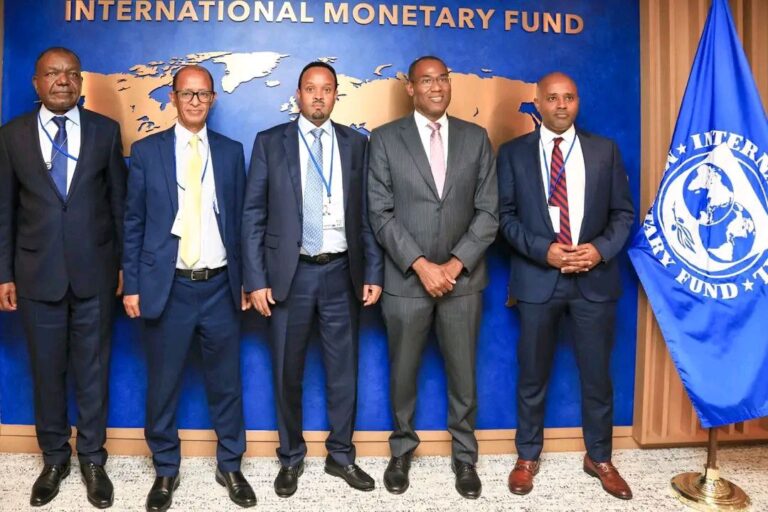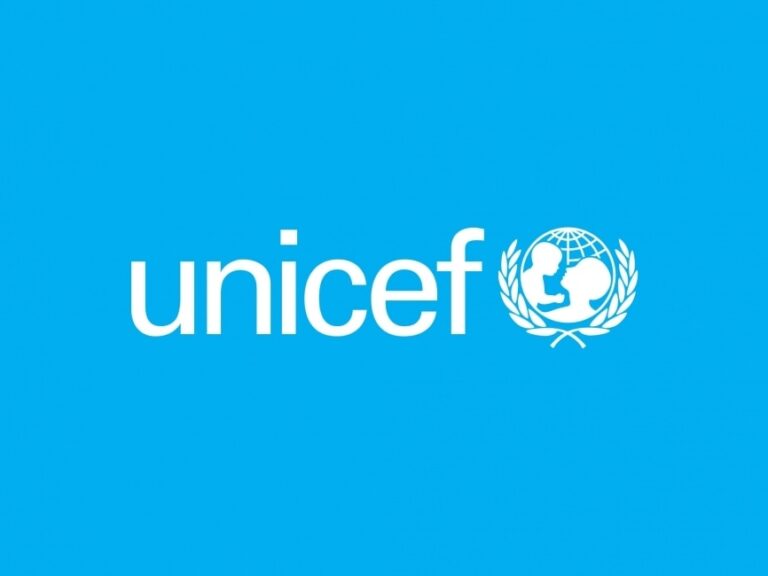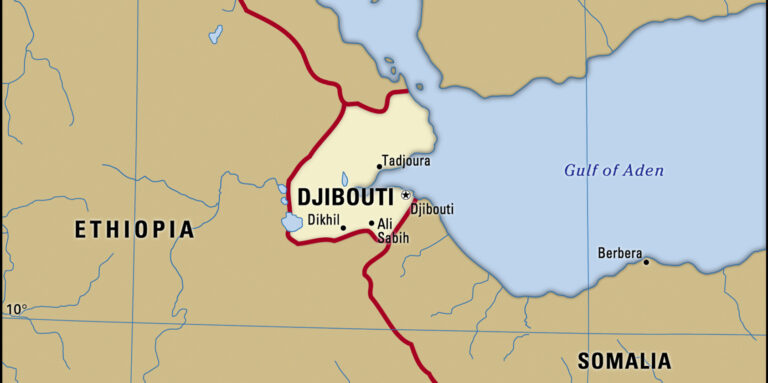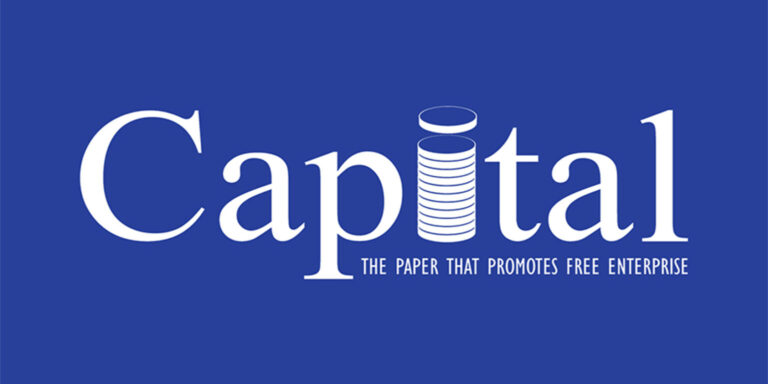By our staff reporter
The Republic of Djibouti is enjoying an exceptional moment on the global stage, earning a cultural distinction at the Osaka 2025 World Expo just as new economic forecasts highlight its rising regional prominence.
Djibouti’s pavilion was awarded the Bronze Trophy in the “Development of the Theme” category, placing the nation among the top participants at an event that featured more than 80 countries. The prize recognizes the country’s outstanding interpretation of the Expo’s central theme, “Designing the Future Society for Our Lives,” through its unique national concept, “Connecting Lives.”
According to the National Tourism Agency of Djibouti (ANT), which served as the General Commissioner for the Expo, the award was the culmination of over three years of preparation and nationwide collaboration. The pavilion won praise for its immersive presentation of Djibouti’s culture and vision for a sustainable future, as well as for portraying the country’s pivotal geographic role as a global crossroads linking continents and trade routes.
While cultural diplomacy took center stage in Osaka, Djibouti’s economic momentum is also drawing attention. The latest World Bank report for the Middle East and North Africa (MENA) region projects Djibouti’s economy to grow by 6.0 percent in 2025, ranking it the second-fastest growing economy in the Arab world—behind only Libya, which is rebounding from oil sector recovery. The forecast places Djibouti ahead of major regional economies such as Morocco (4.4 percent), Egypt (4.5 percent), and Algeria (4.1 percent).
Analysts attribute the country’s solid performance to the continued modernization and expansion of its port and logistics infrastructure, which have helped position Djibouti as a strategic commercial and transport hub between Africa, the Middle East, and Asia. The projection also underscores the country’s success in diversifying its economy while maintaining macroeconomic stability in a turbulent global environment.
The World Bank’s latest data reflect contrasting regional growth trajectories, with Libya predicted to lead the region’s growth at 13.3 percent. Djibouti’s achievement is particularly noteworthy as a non-oil economy outpacing many of its energy-rich neighbors, signaling both resilience and strategic adaptability.
In a statement following the Expo ceremony, the General Commissariat of Djibouti’s Pavilion expressed gratitude to public and private partners, artists, and technical teams who contributed to the project. They noted that the inclusion of the country’s national folkloric troupe, emblematic of Djibouti’s artistic heritage, might have elevated the pavilion’s standing even higher.
From Osaka to the global financial stage, Djibouti’s twin successes highlight a nation effectively harnessing cultural diplomacy and economic ambition to cement its status as one of Africa’s most dynamic emerging states.






